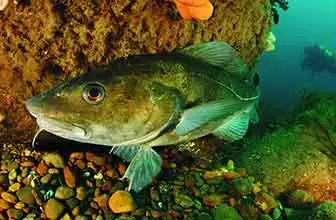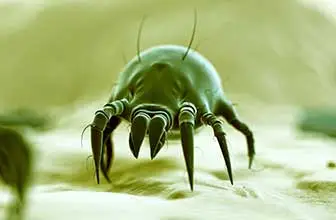Allergies
Peanut
Alérgeno recombinante para IVD
TYPE
Especie
ALÉRGENOS RECOMBINANTES
Name, references, and description
Tipo de reactivo
- Alérgenos/Antigenos
- Bloqueadores
- Anticuerpos
Características Reactivos
- Humana
- Animal
- Allergies
-
Arachis hypogaea
-
- Ara h 2 (isoallergen 2.0201)
- RAL0040
- Conglutin (2S albumin)
-
- Ara h 9 (isoallergen 9.0101)
- RAL0049
- Nonspecific lipid-transfer protein type 1
-
- Anti-ara-h-2 and Anti-ara-h-9
- PAB0017
- Desconocido
-
Brochures
Videos
Especialistas en alérgenos recombinantes para tests de anticuerpos de alérgenos
We ensure a commitment to absolute confidentiality regarding all information received and generated related to your project.
-
[[carrito.product.name]]
- [[sku.sku]]
Or if you prefer...
We will analyze your request to prepare a quote tailored to your needs.
-
[[carrito.product.name]]
- [[sku.sku]]
As manufacturers, we can adapt our products to your needs.
Contact us!








